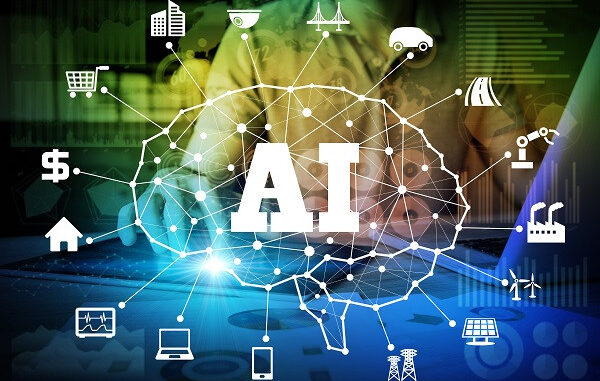
The concept of a global paradigm shift driven by dramatic improvements in artificial intelligence (AI) encompasses various dimensions
that could reshape societies, economies, and modes of interaction. Here are several key areas where these changes might manifest:









### 1. **Economic Transformation**
– **Automation of Labor**: Many jobs, particularly in manufacturing and logistics, are being automated, leading to increased efficiency but potential job displacement. New roles may emerge that require advanced skills, creating a shift in labor markets.
– **AI-Driven Decision Making**: Businesses are increasingly using AI for data analysis, enabling faster and more informed decision-making processes. This can lead to more efficient operations and new business models.
### 2. **Societal Changes**
– **Education and Skill Development**: The demand for skills in AI and related fields is growing, prompting educational institutions to adapt curricula. Lifelong learning becomes more critical as technological advancements outpace traditional education.
– **Enhanced Personalization**: AI is revolutionizing fields such as healthcare, where personalized treatment plans based on individual genetics and lifestyles can be developed. Similarly, in consumer services, AI-driven recommendations can redefine user experiences.
### 3. **Ethical and Governance Issues**
– **Ethical AI Development**: As AI systems become more integrated into daily life, ethical considerations regarding their development and deployment become paramount. Issues such as bias in AI, data privacy, and accountability need addressing.
– **Regulatory Frameworks**: Governments may need to establish regulations and guidelines around AI use to ensure safety, privacy, and fairness. This includes addressing intellectual property concerns, transparency in AI decision-making, and the societal implications of AI technologies.
### 4. **Global Collaboration and Competition**
– **Geopolitical Dynamics**: Nations may engage in a race for AI supremacy, leading to increased competition for resources, talent, and technological advancements. This could reshape global power dynamics and alliances.
– **Shared Knowledge**: Conversely, AI advancements may foster international collaboration in addressing global challenges such as climate change, healthcare, and urban planning through shared AI technologies and data.
### 5. **Cultural Impact**
– **Shift in Human Interaction**: The prevalence of AI in communication (e.g., chatbots, virtual assistants) can alter how people interact, potentially leading to more efficiency but also less human connection.
– **Creative Industries**: AI is being used to generate art, music, and literature, challenging traditional concepts of creativity and intellectual ownership. This could lead to a redefinition of artistic professions and appreciation.
### 6. **Sustainability and Environment**
– **AI for Sustainable Development**: AI can optimize resource use and reduce waste in various industries (e.g., agriculture, energy). This capability may contribute to more sustainable practices and address urgent environmental issues.
### Conclusion
The global paradigm shift propelled by advancements in AI is multifaceted, involving economic, societal, ethical, and cultural dimensions. As we navigate this shift, it is crucial to foster dialogue and collaboration across sectors to harness AI’s potential while addressing its challenges. This balanced approach can lead to inclusive growth and ensure that technological progress benefits all of humanity.

Leave a Reply